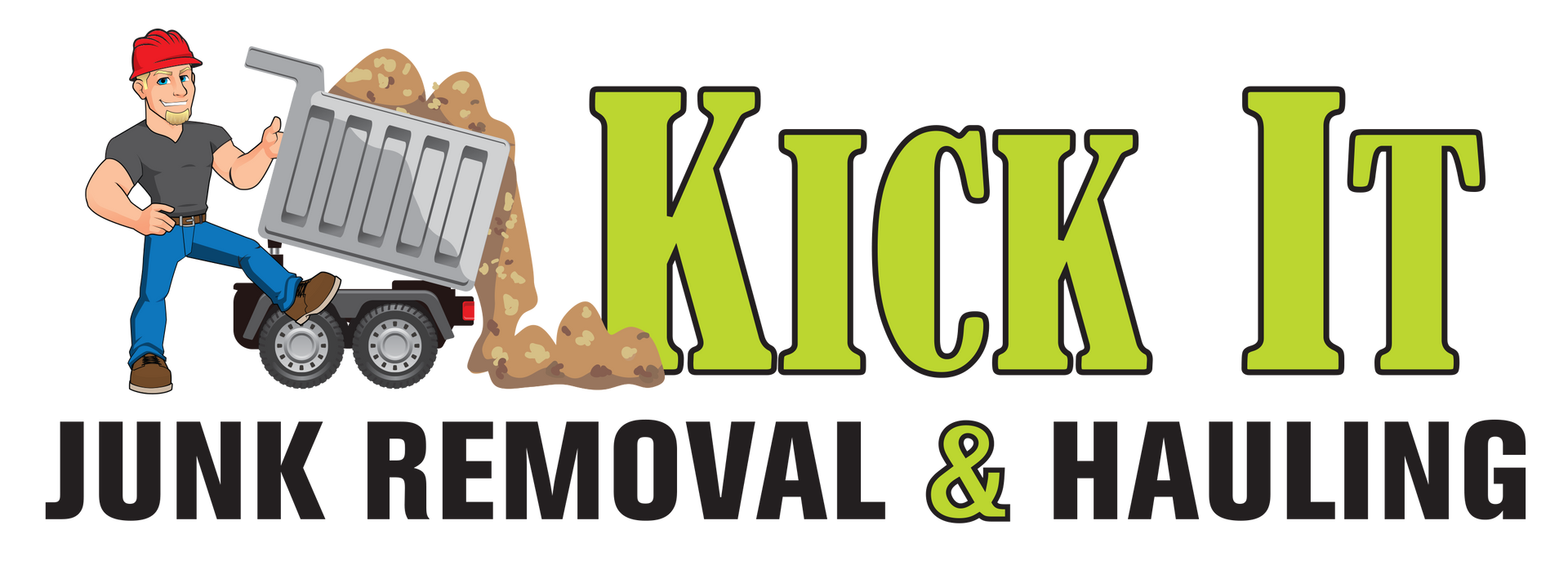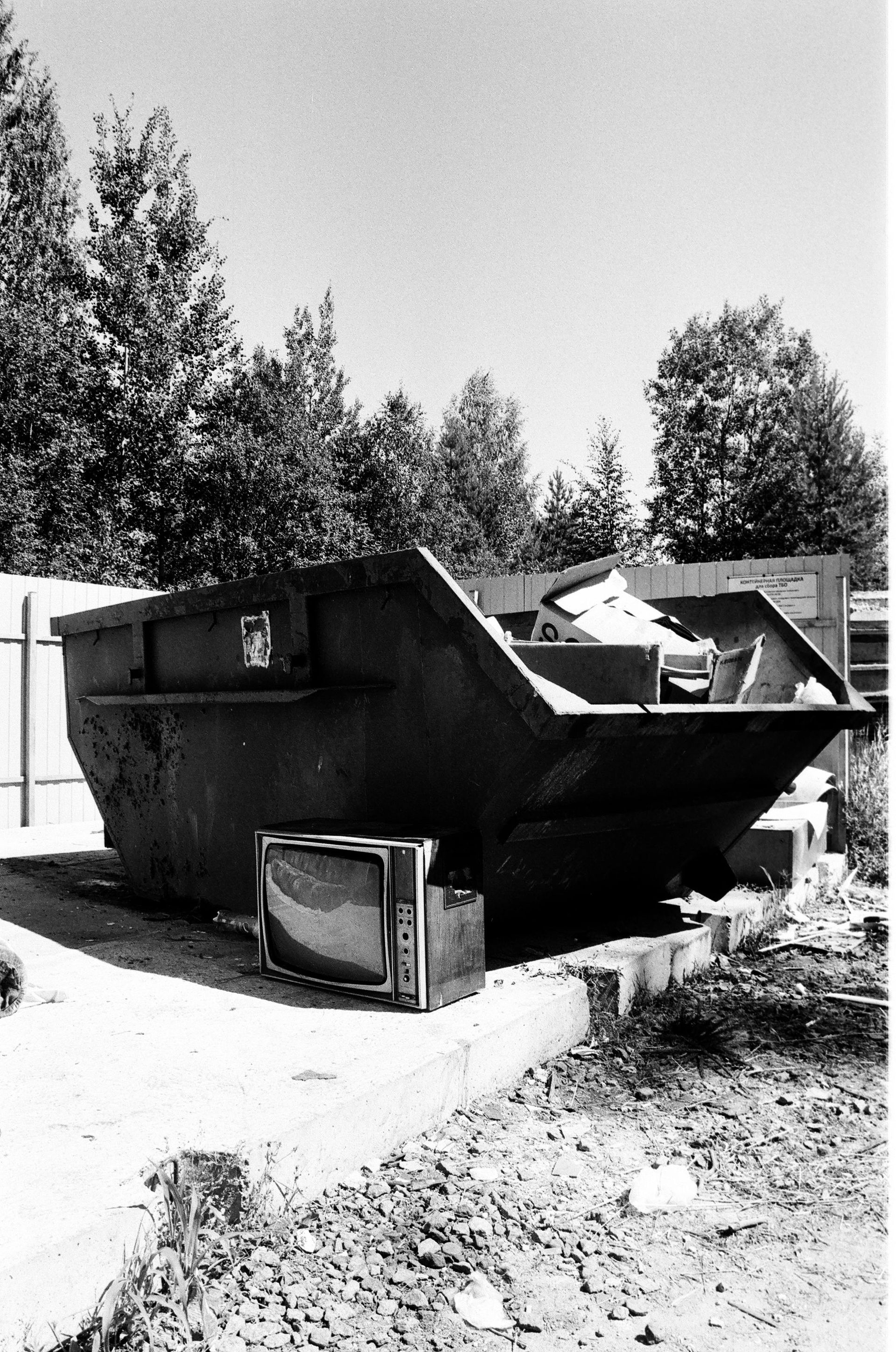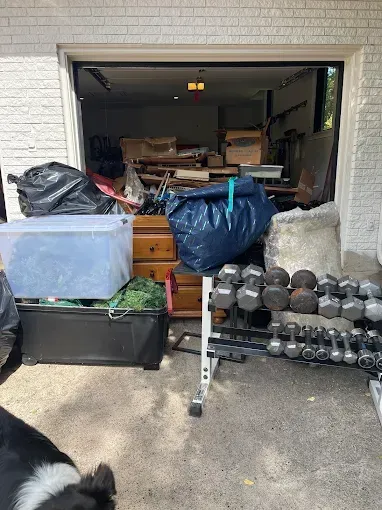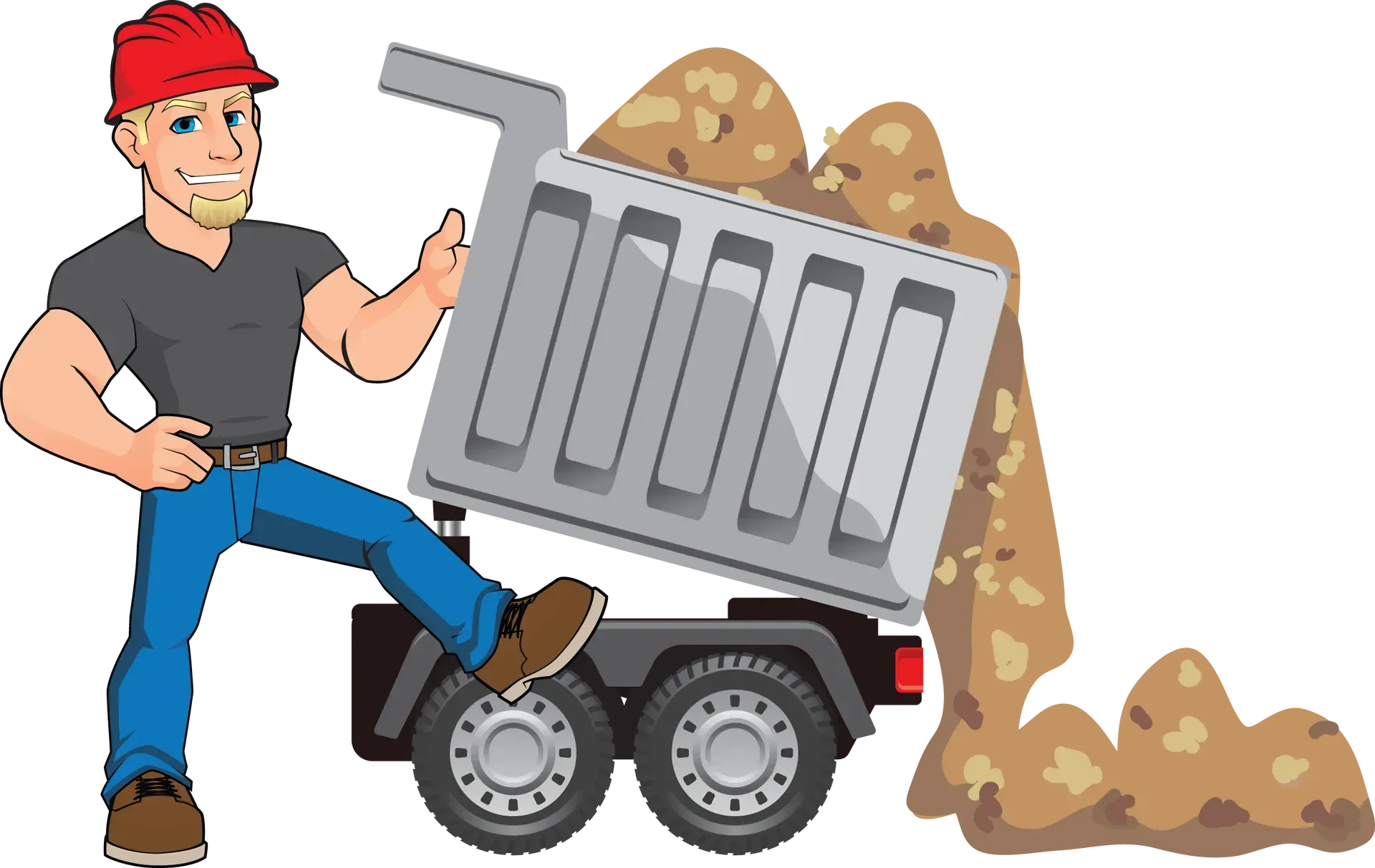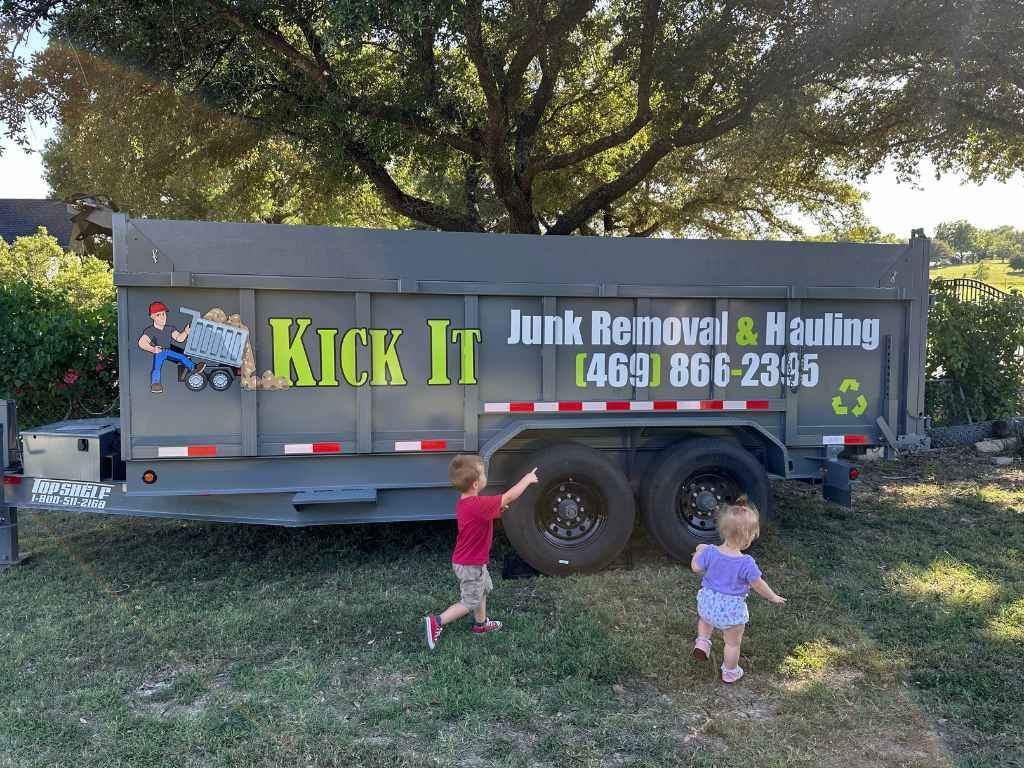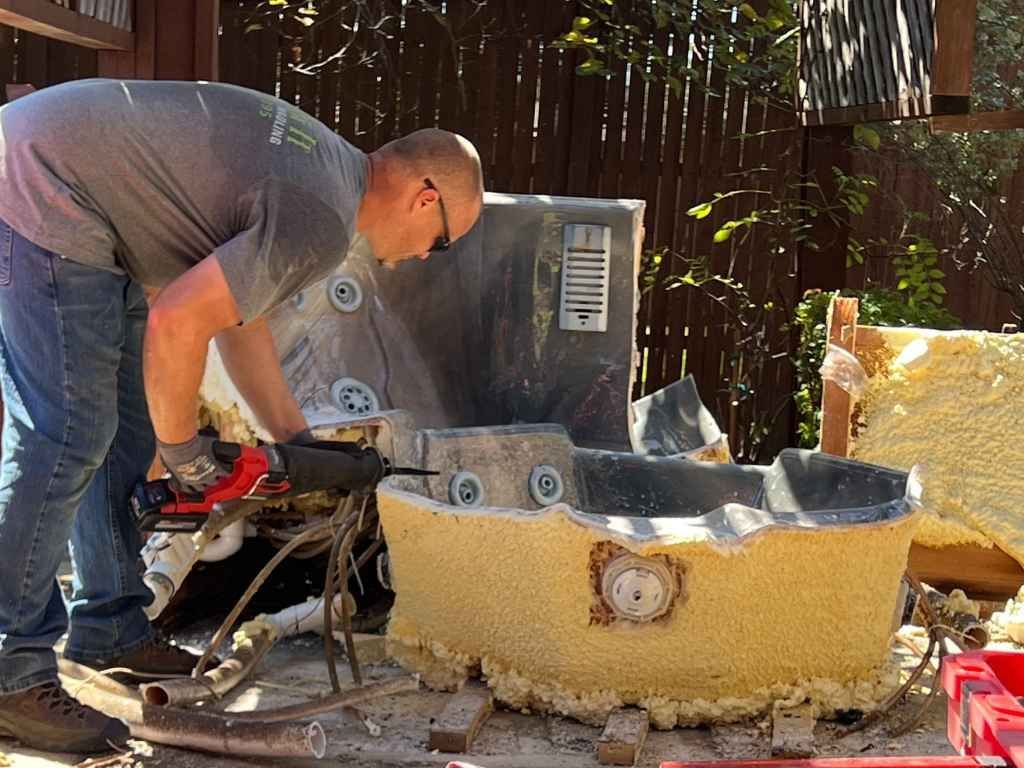The Importance of Regular Warehouse Cleanouts
Warehouses are the backbone of many businesses, offering a vital space for storage, organization, and inventory management. They support a wide array of industries, from manufacturing and retail to distribution and logistics. While they serve as critical operational hubs, the cleanliness and orderliness of a warehouse often get sidelined amidst the hustle and bustle of day-to-day business activities. Over time, clutter can accumulate, processes can become inefficient, and safety hazards may emerge. This is where the importance of regular warehouse cleanouts becomes apparent.
In this article, we’ll explore the many benefits of regular warehouse cleanouts, discuss the potential consequences of neglecting this task, and provide guidance on how to keep your warehouse in optimal shape.
Why Regular Warehouse Cleanouts Matter
When you think of warehouse cleanouts, the immediate thought might be about tidying up and removing unnecessary items. While this is certainly part of it, the significance of cleanouts goes far beyond just appearances. A well-maintained warehouse ensures smoother operations, improved safety, and better overall efficiency. It isn’t just about aesthetics—it’s about creating a working environment that promotes productivity, reduces risks, and even boosts employee morale.
Enhanced Safety Standards
Warehouses are busy environments with people moving around, forklifts whizzing past, and inventory being handled constantly. All these activities, if not carefully managed, can quickly turn a warehouse into a minefield of hazards. Items left lying around, poorly organized storage, or even spills can lead to accidents.
Regular cleanouts help to eliminate these safety risks. By organizing and cleaning the space, you reduce the chances of tripping, falling, or mishandling dangerous goods. For instance, ensuring that electrical cords are neatly arranged, tools are properly stored, and hazardous substances are safely contained are all essential components of a comprehensive safety protocol. The act of performing a cleanout allows businesses to pinpoint areas where safety improvements can be made.
Moreover, regular cleanouts help prevent the buildup of dust and debris, which can be a fire hazard, especially in warehouses storing flammable materials. Fire codes and regulations often require specific conditions to be met within warehouse environments, and neglecting regular cleanouts could lead to violations and costly fines.
Increased Operational Efficiency
A cluttered warehouse is synonymous with inefficiency. Imagine a scenario where employees have to navigate through piles of unused equipment, boxes, or pallets to access inventory. Time spent searching for items or moving obstacles can significantly slow down the workflow. Over time, this inefficiency translates into increased labor costs, delays in fulfilling orders, and general frustration.
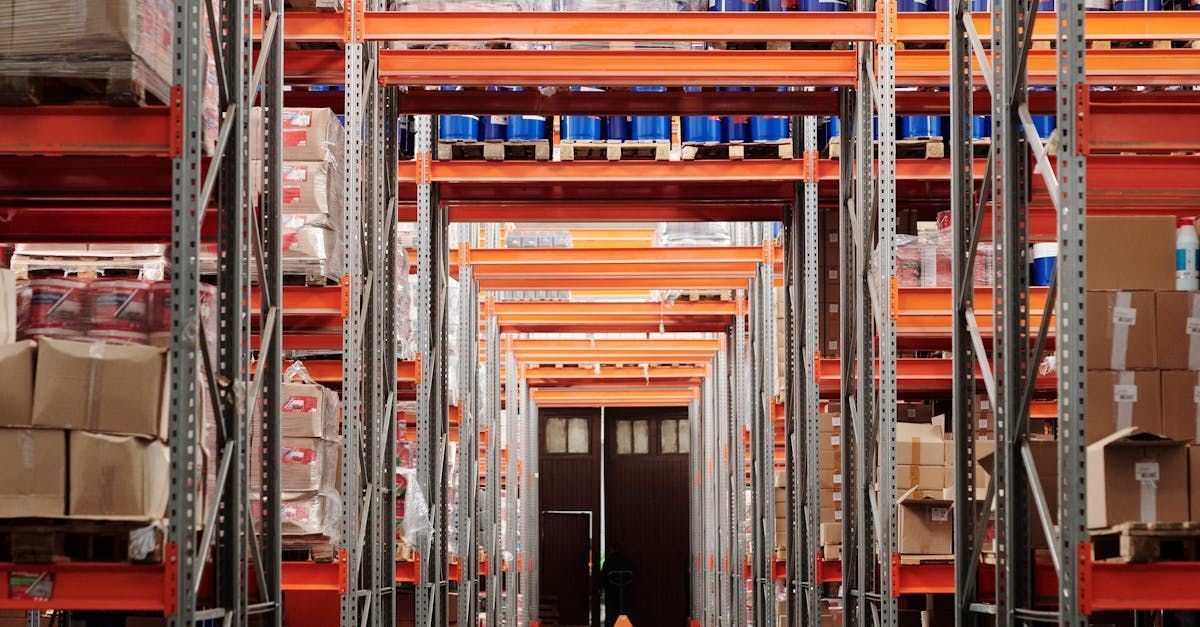
A regular cleanout gives you the chance to reorganize your warehouse, eliminating unneeded items and optimizing storage systems. With a more streamlined and functional layout, employees can work faster and more efficiently. Proper labeling, categorization, and placement of goods will also minimize errors and reduce the time spent locating specific products.
Improved Inventory Management
One of the key elements of warehouse management is inventory control. However, when warehouses become disorganized or overstuffed, it becomes increasingly difficult to track inventory accurately. Goods may be misplaced, forgotten, or lost altogether. This can lead to stock shortages, delayed shipments, or even discrepancies in accounting.
Through regular cleanouts, you can reassess your inventory and ensure that everything is accounted for. This provides an opportunity to identify excess stock, outdated products, or slow-moving items that could be cleared out to make space for new merchandise. Furthermore, a cleaner warehouse means less risk of products being damaged, which can ultimately save money.
Long-Term Cost Savings
On the surface, warehouse cleanouts may seem like a tedious, time-consuming task. However, investing in regular cleanouts can actually save money in the long run. By addressing potential issues before they escalate, you prevent costly repairs, fines, or replacements. For example, an organized warehouse will reduce the risk of damaged goods due to mishandling, which saves money on replacements.
Additionally, by staying on top of inventory, you can avoid overstocking and reduce the costs associated with unnecessary storage. The more efficiently you can utilize your warehouse space, the less you’ll spend on leasing additional storage areas or moving items that don’t need to be stored there.
Maintaining Employee Morale and Productivity
An unclean or disorganized warehouse doesn’t just affect the physical operations—it can have a psychological impact on the employees working there as well. When workers are forced to navigate a chaotic environment, it creates stress and frustration. An uncomfortable workspace can lower productivity and decrease overall employee morale.
By contrast, a clean and well-organized warehouse can foster a positive atmosphere. Employees will feel more motivated when they have clear pathways to walk through, a neatly arranged workspace, and efficient systems in place. Moreover, cleanliness often signals a company’s commitment to maintaining high standards, which in turn can boost employee satisfaction and productivity.
Compliance and Regulatory Requirements
In many industries, warehouses must adhere to strict safety, health, and environmental regulations. These regulations often dictate how goods should be stored, the cleanliness of the facility, and the overall safety measures in place. Regular cleanouts are a proactive way to ensure compliance with these rules and avoid penalties or shutdowns.
Failure to maintain a clean warehouse could result in safety violations, audits, or fines from regulatory bodies. Regular cleanouts, on the other hand, help ensure that your warehouse meets all the necessary requirements, reducing the likelihood of legal issues or disruptions to business operations.
Prevention of Pest Infestation
Pests such as rodents, insects, and other vermin are not only a nuisance but can cause significant damage to both the warehouse structure and the inventory stored inside. Left unchecked, a small infestation can quickly escalate into a major problem, leading to product contamination, structural damage, and costly extermination procedures.
A clean and well-maintained warehouse discourages pest infestations by removing potential food sources, clutter, and hiding places. Regular cleanouts involve deep cleaning of floors, walls, and storage areas, which helps identify any early signs of pest activity. This allows you to address the problem before it becomes a major headache.
Best Practices for Warehouse Cleanouts
Now that we’ve highlighted the importance of regular warehouse cleanouts, let’s look at how to go about conducting one efficiently. A thorough cleanout doesn’t have to be a daunting task—it can be broken down into manageable steps.
Schedule Regular Cleanouts: Make warehouse cleanouts a routine part of your operational schedule. Whether it's quarterly, bi-annually, or annually, having a set timeline ensures that you stay on top of the process.
Prioritize Safety: Always ensure that cleaning is done with safety in mind. This includes removing hazards, following OSHA guidelines, and ensuring that proper protective gear is worn during the cleaning process.
Sort and Declutter: Go through all the items in the warehouse and sort them into categories: keep, donate, recycle, or dispose of. If something hasn’t been used in months or is no longer needed, it’s probably time to get rid of it.
Organize Your Layout: Take the opportunity to rethink your warehouse layout during a cleanout. Create clear aisles, label sections, and organize products based on frequency of use. This can drastically improve the flow of operations.
Deep Clean Regularly: Perform deep cleanings of floors, walls,
storage units, and equipment. Use industrial-grade cleaning supplies to remove grime, dirt, and debris that can build up over time.
Invest in Maintenance: During the cleanout, check for any signs of wear and tear in your equipment and structures. Address repairs immediately to prevent more significant issues from arising later.
The Key Benefits of Maintaining a Clean Warehouse
A clean warehouse is more than just a tidy space—it's a critical component of a business’s operational success. Regular cleanouts not only improve safety by minimizing hazards but also enhance inventory management, making it easier to locate and organize goods. A well-maintained warehouse can prevent accidents, streamline workflows, and increase productivity. By committing to regular cleanouts, businesses can reduce costs related to damaged goods and inefficient processes, ultimately contributing to a more effective and profitable operation.
Beyond safety and efficiency, a clean warehouse ensures compliance with various industry regulations and safety codes. Many industries require warehouses to maintain certain standards of cleanliness to avoid fines or legal complications. Regular cleanouts also discourage pest infestations, which can damage both inventory and infrastructure. By implementing a routine cleaning schedule, companies can avoid costly disruptions and protect both their physical assets and reputation. This proactive approach leads to a safer and more reliable business environment.
Why Your Business Needs Routine Warehouse Cleanouts
Warehouse cleanouts are essential for the smooth operation of any business. Not only do they improve the organization of the space, but they also enhance daily operations by reducing clutter. This makes it easier to track inventory, reducing the risk of misplaced items or incorrect orders. The result is faster fulfillment times, fewer errors, and improved customer satisfaction.
Additionally, a clean warehouse boosts employee morale and productivity. A tidy, organized environment helps workers stay focused, reducing stress and fostering a safer, more efficient workspace. Routine cleanouts also help prevent costly repairs by addressing potential structural issues before they escalate.
Conclusion
Regular warehouse cleanouts go beyond being just another task on the to-do list—they are vital for maintaining a productive, safe, and efficient environment. By keeping things clean, businesses can improve safety standards, streamline operations, and ensure compliance with regulatory requirements. These cleanouts also reduce the risk of unnecessary costs that could arise from inefficiencies or accidents.
A well-maintained warehouse ensures smoother day-to-day operations while laying a solid foundation for long-term business success. If you're in need of expert help to keep your warehouse clean and organized, reaching out to professionals can ensure your space stays in top condition.

